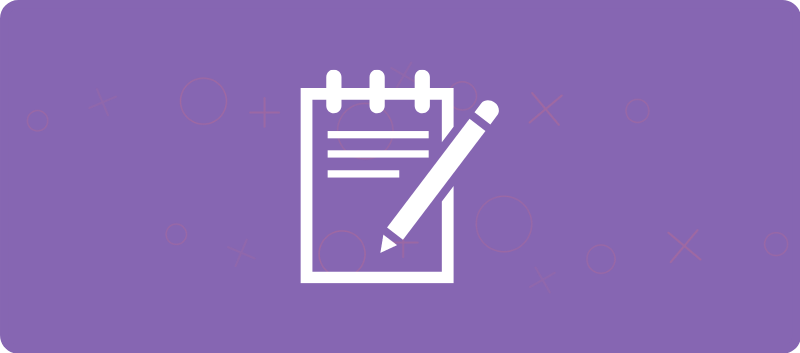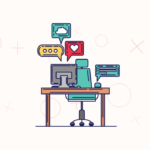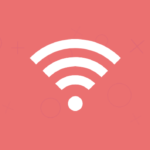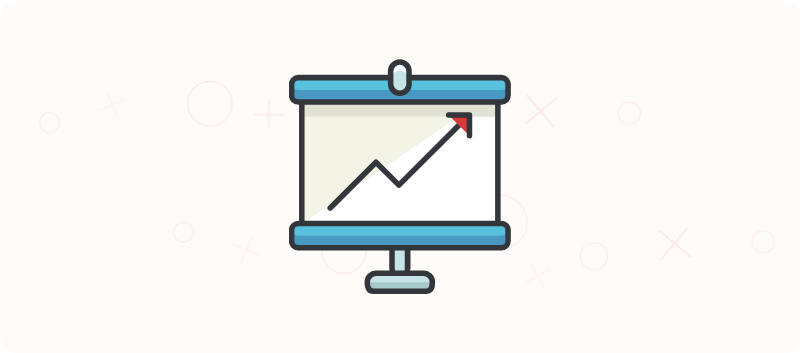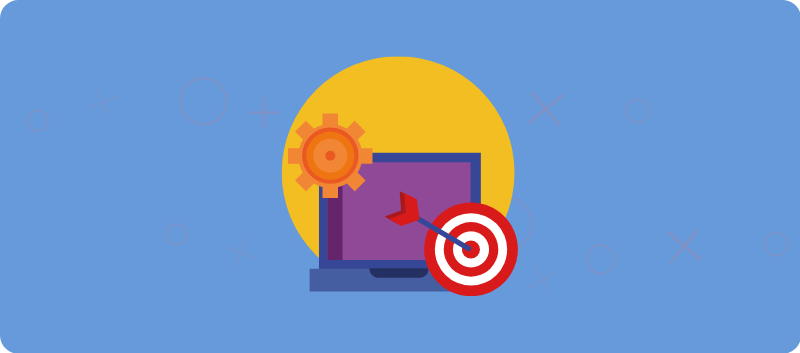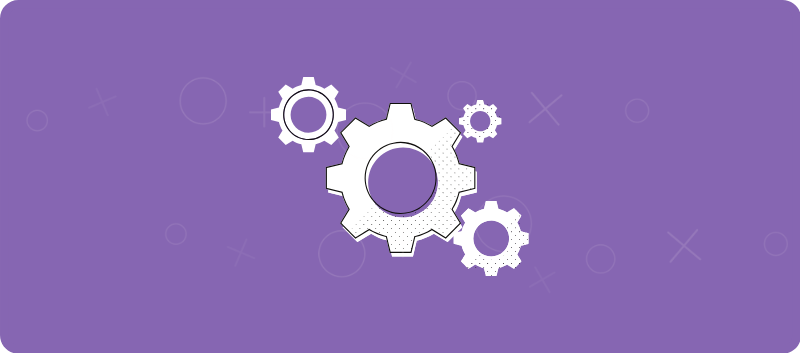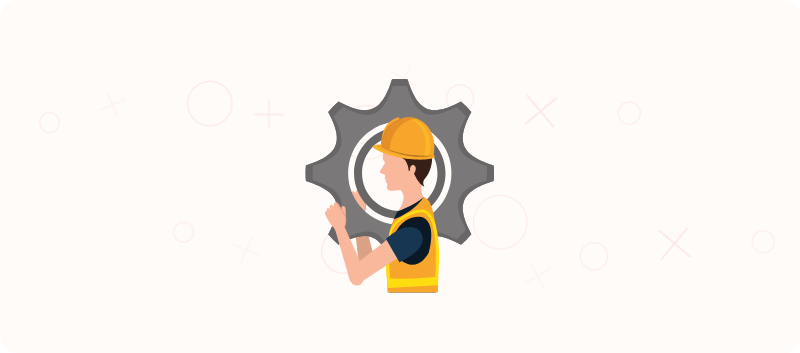How to Focus Better on Your Work, Studies and Daily tasks
“The short answer to whether people can really multitask is no. Multitasking is a myth. The human brain cannot perform two tasks that require high-level brain function at once.”
Chris Adams – ThoughtCo
To maximise our productivity, the scientists say, it’s better to focus on each task in turn. We’re finding it harder than ever to maintain our productivity, and the rise of remote working has made it even easier to slip into bad habits. So in this article, we’re going to outline a series of techniques that will help you sharpen your focus, and get you doing your best work.
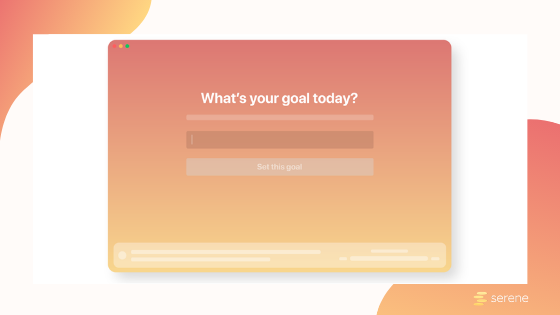
We’ve written the article from a workplace perspective, but if you’re studying, or simply hoping to ramp up the efficiency of your daily tasks, don’t worry. We think these habits will pay dividends for you, too.
1. Exercise Before Work
This is probably one of the tougher habits to get into. Early morning exercise can seem seriously unappealing, particularly in those winter months when it feels like your alarm’s forced you awake in the middle of the night.
But, in fact, working out before work has been shown to yield manifold benefits. Morning exercise increases our metabolism, relaxes us and releases energy. According to the scientists, it’s twice as effective as coffee in raising our cognitive abilities.
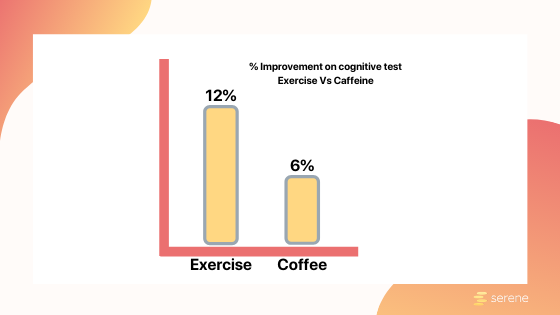
The exercise doesn’t have to be a gruelling run up the nearest mountain, or a balls-to-the-wall crossfit blitz. It can simply be a few flexibility exercises in the living room, or a quick trundle on the exercise bike. Whatever it is, the important thing is that 1) you enjoy the exercise and 2) you stick to it.
Perhaps most importantly, exercise is one of those habits that instils discipline, and this is essential to improved performance at work. Whether you’re talking about focus, time management or productivity, discipline is essential.
2. Keep a Tidy Workspace
In the bad old days, our offices were rigidly controlled. We were supposed to keep our spaces spotless and anyone who kept a messy desk could expect to be reprimanded for their sloppiness.
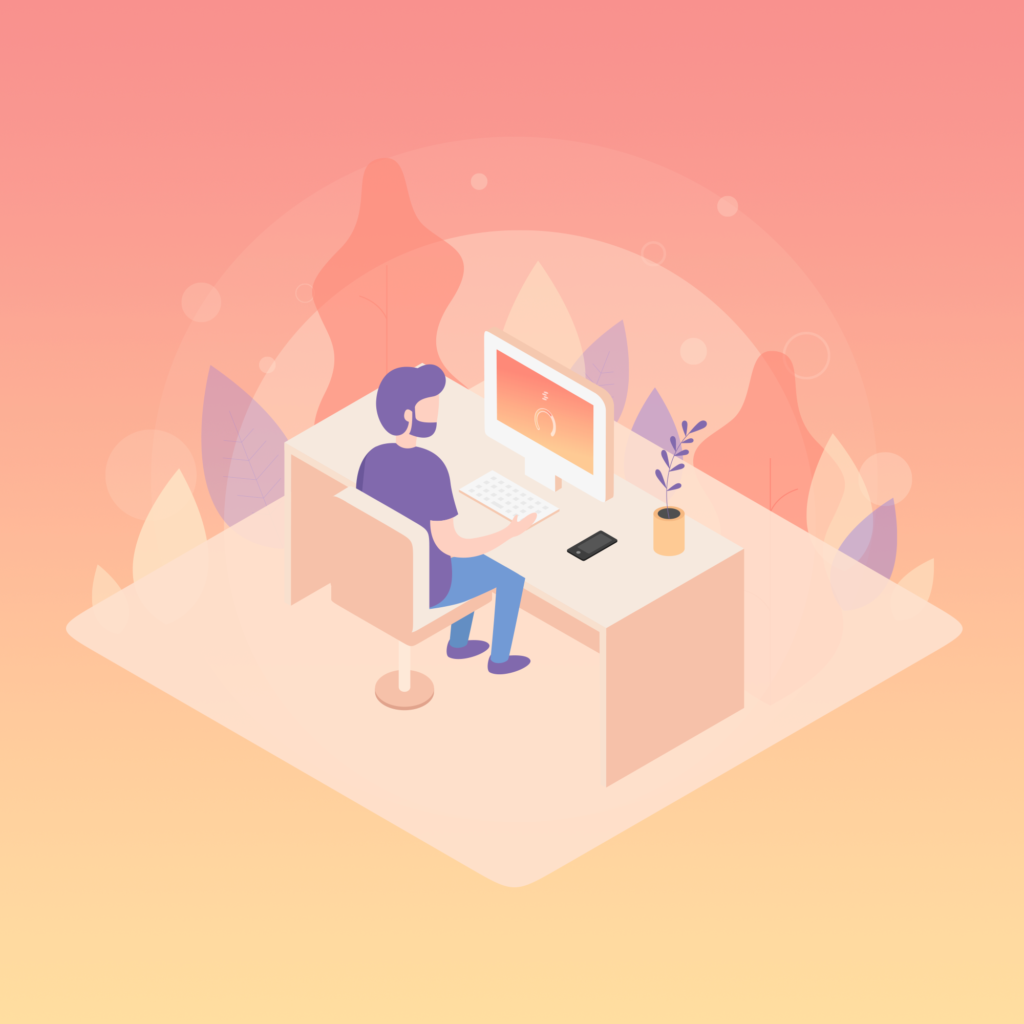
Nowadays, however, no such concerns exist. The gradual shift towards on-the-go food outlets means that many of us now eat at our desks — while our bosses do the same. What’s more, those of us who’ve embraced remote working have absolutely no pressure to maintain a tidy working environment.
However, myriad reports have shown that a congested environment impairs our focus. As one pair of scientists wrote in 2011:
The capacity of the [human brain’s] visual system to process information about multiple objects at any given moment in time is limited.
Journal of Neuroscience
In other words, the busier our desk, the more our focus is diluted. Workspace clutter can also put a serious dent in our time-management strategies; information workers say they now spend over two hours each week searching, unsuccessfully, for their documents, and this drains in their productivity.
So it’s vital to clear out your bin at the end of each day, move all your admin into digital folders and use your drawers whenever possible. But you should also think carefully about the way you use your computer. Whenever you start a new task, make sure you close all the tabs that you’d opened for the old one (this is particularly important for freelance workers who may work for several different clients in the same day).
Cleaning can be a major hassle, but you’ll find that your concentration, and therefore your productivity, improves in no time. Management of our workspace can seem like a chore, but it’s one of the most beneficial habits you can get into.
3. Get the Right Equipment
Whether you’re an in-office employee or you’ve joined the great remote working exodus, chances are you’ve got a litany of distractions in your peripheral vision. From an uncomfortable chair to overly chatty coworkers, the workplace is littered with distractions that can impact and limit our concentration and our productivity.
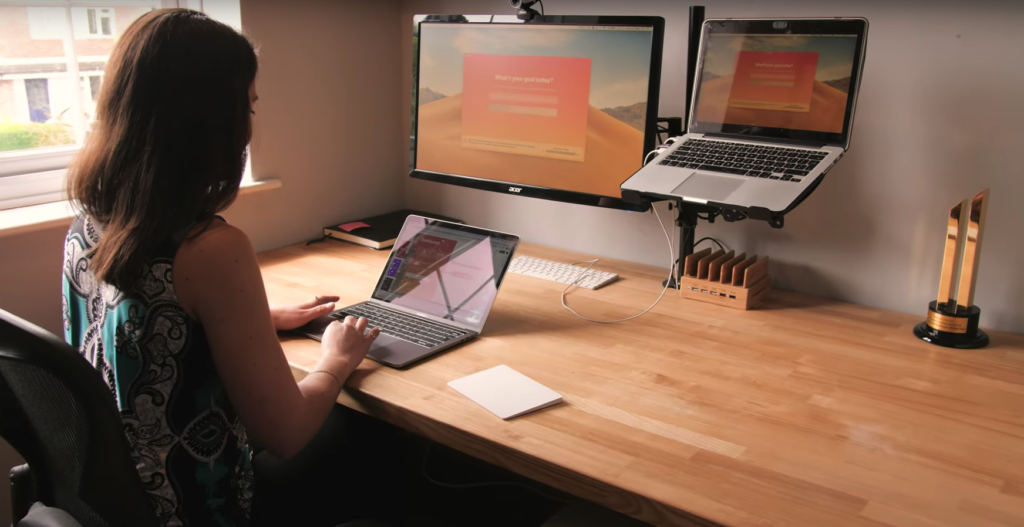
By investing in the right equipment, we can avoid these potential pitfalls. You might consider an ergonomic chair, a cushion for your back, a desk fan to keep you cool during the sticky summer months or a pair of noise-cancelling headphones to drown out the noise around you.
Making use of the right tools & apps will also take you a long way towards a more productive working routine. Serene was built as a tool to facilitate a proven method of working to improve your habits as well as your results. Read more about the Serene Method here. Additionally, here are some further resources to help your research: LifeHacker, Zen Habits and MakeUseOf.
4. Evaluate Your Progress
When we’re working on a big project, or our job is based on repetitive tasks, it’s easy to succumb to ennui. To let the days drift into one another and allow the encroaching tide of tedium to lap away at our productivity.
One effective antidote is to break each day down into a series of specific targets, with a break upon completion of each one. This strategy allows you to channel your energy into specific milestones, and break down your focus into short bursts. It’s the foundation of modern, Agile workplace strategies and it works on an individual as well as a corporate level, improving both productivity and time management.
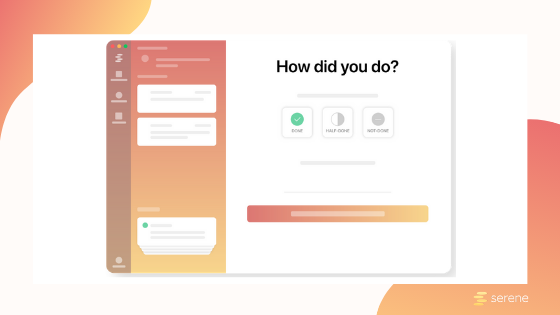
When you start your goal-setting, keep it small. The goal might be something as simple as reading all your emails, providing a specific bulletin to your boss or delivering a prospectus to a client. The important thing is to keep it realistic, and give yourself that regular buzz of completion.
Another key aspect of goal-setting is to regularly evaluate your progress. Some commentators suggest you should evaluate every hour, to ensure you’re on track. This way, there’s no chance of boredom or complacency setting in.
5. Take a Meditation Break
Ok, stay with us here. This might seem a bit outlandish to some readers, but don’t worry. We’re not suggesting you take out a gym mat, kick your shoes off and bust out a cat stretch in the middle of your workspace. We’re talking about some brief, simple exercises that anyone can perform.
Meditation is one of the most rewarding habits we can think of. Not only will it boost your productivity, it will give you a greater sense of bliss in all your daily tasks, and allow you to approach the politics of your workplace with greater equanimity. What’s more, it fits nicely into those little breaks we’ve talked about earlier, so your time-management strategy won’t be thrown off course.
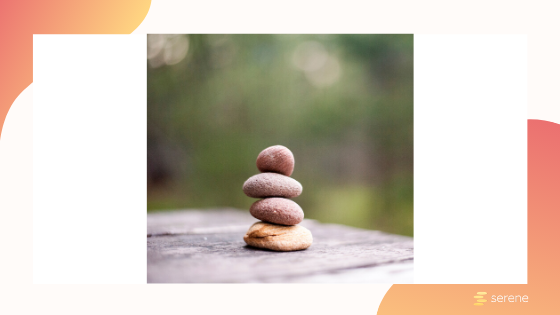
As a starting point, we’d recommend some basic mindfulness routines, specifically breathing exercises and body scans (a kind of anatomical MOT, which allows you to home in on each individual part of your body from head to toe). These are specifically designed to get you out of your head and disconnect from its myriad anxieties. Our friends at Headspace have written extensively on this topic, as you can see here.
6. Find Interest in Your Job
The Zone. It’s a mythical place that sports fans hear all about on a regular basis. Whenever our favourite athletes produce a career-defining performance, they tell us they were cocooned in this utopian sanctuary the whole time.
But what they’re really describing isn’t anything magical or other-worldly. It’s a state of total immersion, of maximum concentration on the task at hand. Those who go to ‘The Zone’ are so consumed by their immediate goal that they blot out all other distractions in pursuit of it.
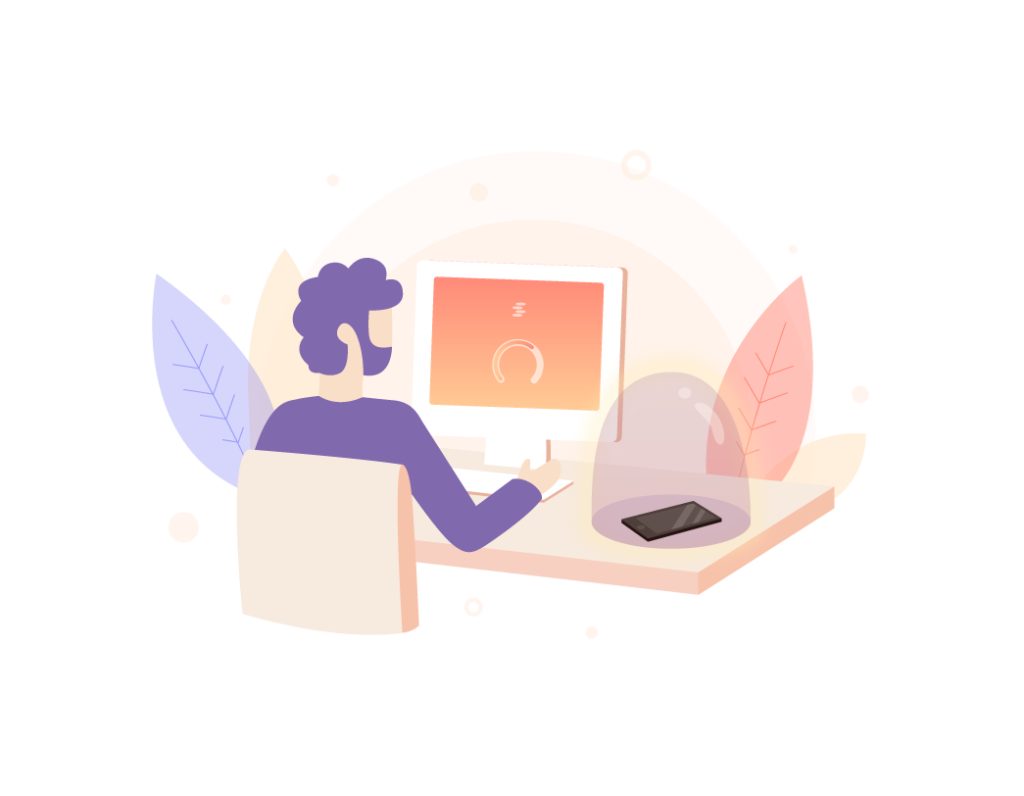
For most of us, it’s hard to achieve this level of fixation. After all, we’re probably not as emotionally invested in our own objectives as our favourite sports stars. They’ve spent their whole lives working towards their chosen pursuit; many of us have pursued our careers for more pragmatic reasons.
But we can make an effort to become more interested in our job, and improve our productivity as a by-product. We can read up on the nature of our work, and find out what it takes to truly master our specific tasks. And we can look for specific courses, webinars and YouTube tutorials to help us along the way.
We talked about goal-setting earlier, and we can apply the same approach to our wider career. We can challenge ourselves to become masters of our craft, and set ourselves specific targets to reach this pinnacle. With effective career goal-setting, our job will become less a series of mundane tasks and more a path towards a more fulfilling mission, and we’ll find we’re more focused, naturally.



